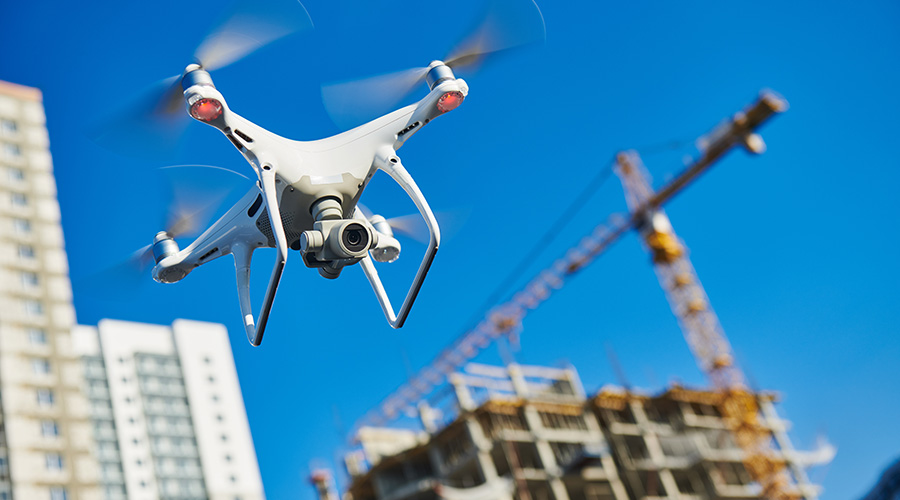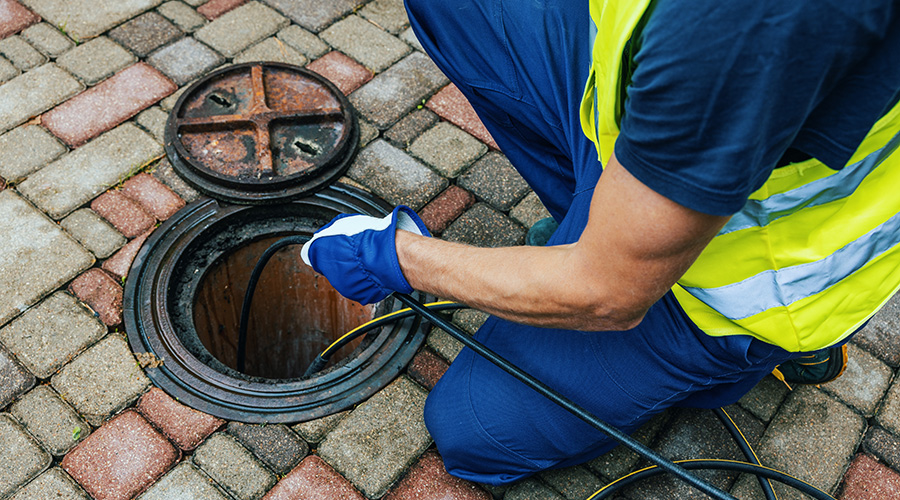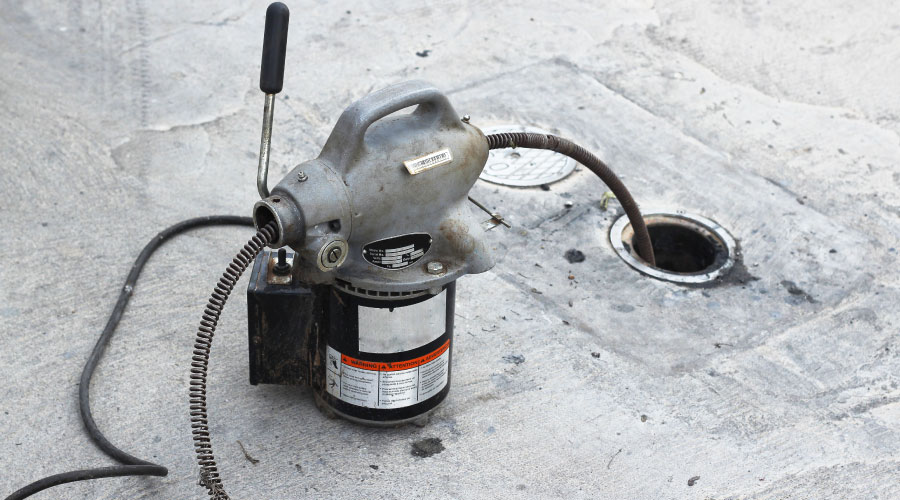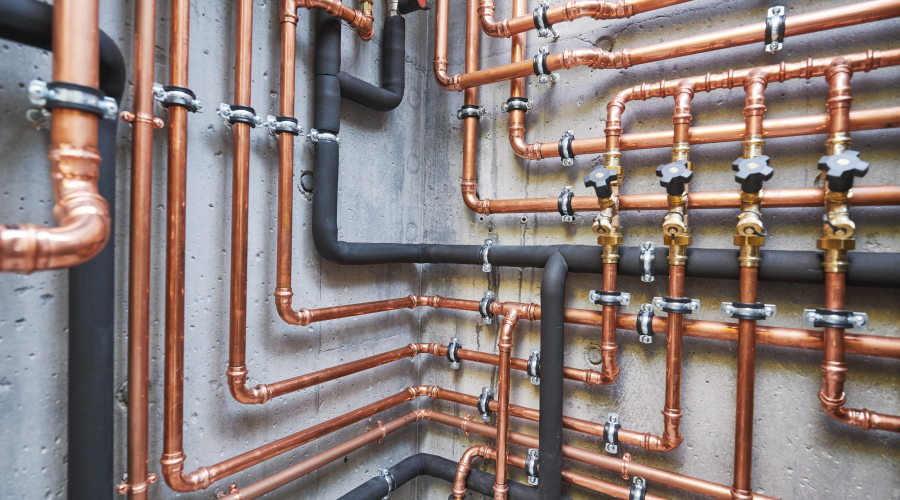Essential Drain Cleaning Tips for Emergencies
From emergency response to common mistakes, drain cleaning manufacturers discuss the many facets of maintaining pipes.
Cleaning the drains means getting down and dirty to get the job done. Despite the less than glamorous nature of the work, cleaning and maintaining them plays a vital role in keeping a facility operating in top form. Given this reason, technicians are going to need the right equipment to tackle their duties and do them well. For this manufacturer roundtable, Facility Maintenance Decisions spoke with drain and pipe cleaning manufacturers about the various facets of drain cleaning.
FMD: How does drain cleaning play a role in emergency response measures to events such as flooding?
Dunbar: Flooding tends to overwhelm both the storm and septic sewage systems with mud and debris. Since the most common way to clean up after a flood is to pressure wash all the affected areas, the drains must be opened and cleared before a real and effective clean-up can occur. Because of this, plumbers and drain cleaners are among the most important first responders to an emergency.
At the completion of the emergency response process, after all the pressure washers have finished sending more mud and debris down storm and septic sewers, the drains must be re-inspected and reopened. Remember, life as we know it can’t exist without flushing toilets, and no one will be moving back into the affected area until this benchmark is reached.
Albertini: In a flooding emergency, common causes for the backup can be blockages or roots blocking a drain line that are revealed by a fast influx of water from a storm. Even if the drain was flowing during normal operations, a flooding emergency will highlight drains that backup due to lack of full flow. Drain cleaning can help to resolve these issues to get lines running at full capacity and help prevent future backups in these situations.
Pond: Drain cleaning plays a vital role in emergency response measures during events like flooding by ensuring the efficient function of drainage systems. By regularly cleaning drains, blockages can be prevented to allow for optimal drainage capacity. This is crucial during heavy rainfall or flooding to prevent water buildup and minimize property damage. In emergency situations, such as flooding, clear drains facilitate flood control measures and enhance emergency response operations' effectiveness. Ultimately, maintaining clean drains enhances public safety by minimizing infrastructure damage and reducing hazards such as flooded roads.
FMD: What precautions need to be taken when working around drains and contaminated water? Is there any personal protective equipment suitable for this situation?
Dunbar: Drain cleaners and plumbers understand that wastewater is contaminated and take appropriate measures such as gloves, booties, eyewear and masks when working in affected areas. In extreme situations, hazmat suits may be needed.
Albertini: Personal protective equipment is essential when drain cleaning around contaminated water. Items to wear include waterproof clothing, boots, gloves, goggles and/or face shield and if necessary, a respirator.
Utilizing enclosed drain cleaning machines is also beneficial. It’s a simple upgrade that has a significant impact on jobsite cleanliness, especially in situations where contaminated water is an issue. For example, [with one of our products] the cable spins inside a durable nylon sheath that is housed within a fully contained drum. This helps contain messes and keep them off the jobsite floor. The nylon sheath also allows for the cable to be easily wiped clean as it is pulled from the line utilizing disinfecting wipes to minimize any cross-contamination.
Pond: When working around drains and contaminated water, it's crucial to prioritize safety and minimize exposure to potential hazards. In addition to choosing the right personal protective equipment, such as waterproof gloves, protective clothing, and eye and respiratory protection, technicians should also choose an inspection camera that provides mess containment. Enclosed drums protect not only the user but the environments from waste pulled back in the drain line. [Our product] provides enclosed drums that contain the mess during transportation to and from the jobsite.
Jeff Wardon, Jr. is the assistant editor for the facilities market.
Related Topics:













